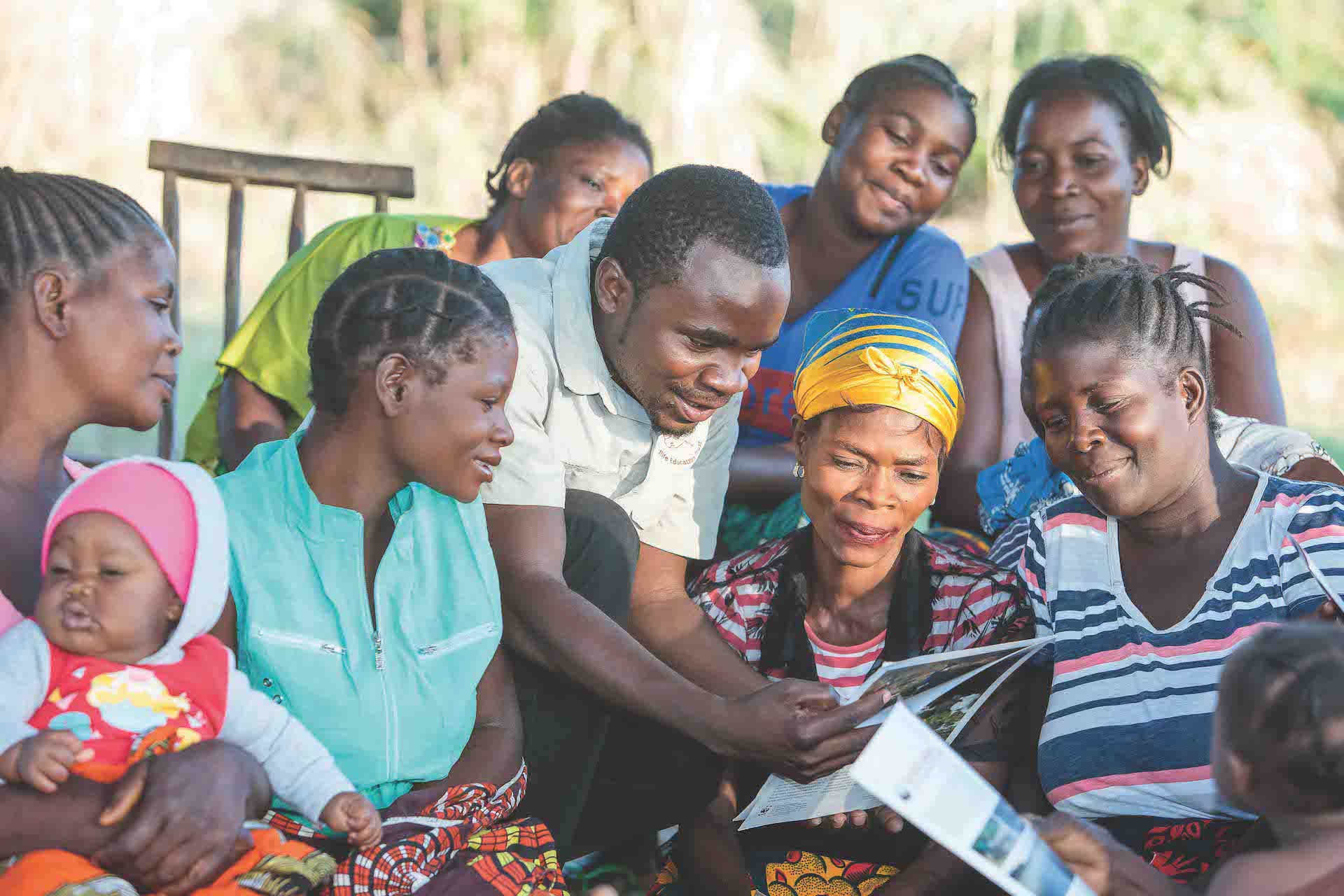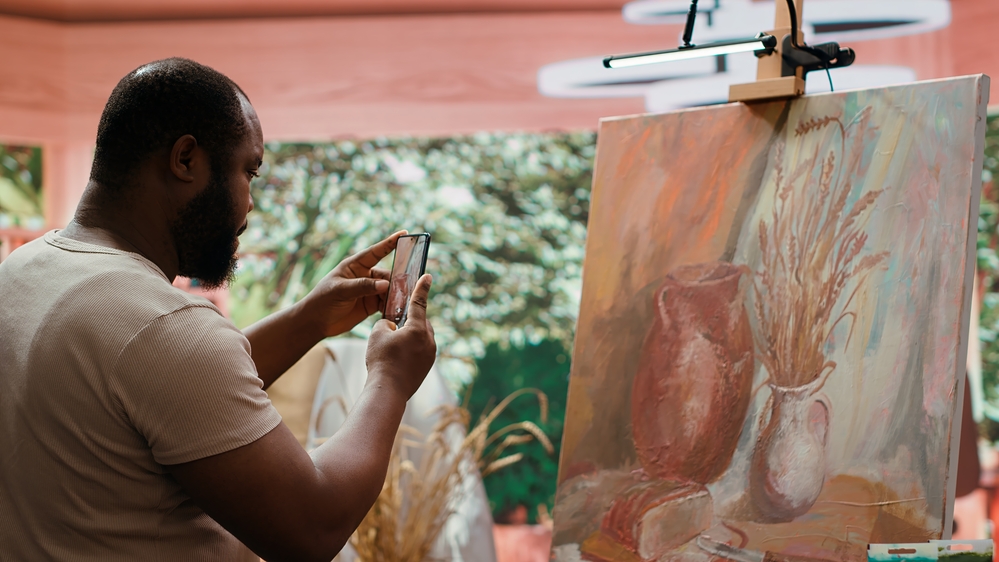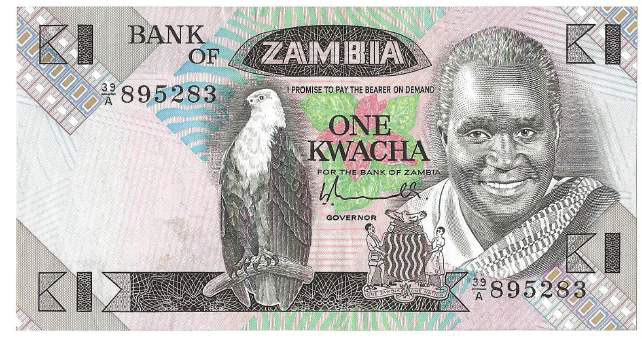When Zambia (then Northern Rhodesia) gained its independence from Great Britain on the 24th of October, 1964 the population hovered around 3.4 million people. Vast expanses of primary forests still covered the nation with a few game reserves but no national parks or other protected areas. Today approximately 30% of Zambia’s land area is protected by 20 national parks and 36 surrounding Game Management Areas by the Department of National Parks & Wildlife. The Zambia Wildlife Act of 1998 was mandated to manage and conserve Zambia’s wildlife when the population had exploded to nearly 10 million people. Zambia’s wildlife is now a major source of livelihoods for communities and generates highly significant revenue from international nature-based tourism.
At the time of Zambia’s independence, environmental or conservation education was non-existent. However, in 1972 the Wildlife Conservation Society of Zambia established a hugely successful network of wildlife clubs in schools across the country, sparking a keener interest in wildlife and environmental issues among Zambian youth than ever before. In addition, they widely distributed booklets on wildlife to the clubs and initiated the Chongololo Club of the Air with radio broadcasts for children every Sunday that still continues to this day.

As the population increased into the ‘80s and ‘90s, human pressures led to greater resource exploitation resulting in massive deforestation for firewood, charcoal production, burning and construction, decreased wildlife populations due to hunting and poaching, pollution and littering, over-fishing and more. Today’s environmental challenges are even more complex to tackle, as they are exacerbated by global issues such as climate change.
How can Zambia embrace a future that envisions people and nature coexisting peacefully? Founders of Chipembele Wildlife Education Trust in Mfuwe, Anna and Steve Tolan, made Zambia their home in 1998 to address these very issues through conservation education. They established a unique and inspiring conservation education centre and programme for local children that 21 years later has blossomed into a robust and award-winning non-profit conservation organisation.
Today the Chipembele Conservation Centre hosts Anna’s all-day dynamic and incentive-based educational programme for Conservation Club members from 7 local schools. The learning facilities are contemporary and fun, with an internationally acclaimed Discovery Room, bringing a world of colour and inspiration to the lives of the children who attend, most of whom live in rural poverty.
An education team of 6 members leads 31 senior and junior conservation clubs in 18 schools throughout Mfuwe during the school terms, reaching 930 Zambian pupils from grades 5-12. In addition to running their core Conservation Club lessons, students are able to participate in a range of interactive activities including field trips into South Luangwa National Park, a Chipembele Ranger Programme, ‘Nature Nights’ educational camping trips, an annual environmental campaign, a week-long outdoor education excursion, an annual celebration of conservation event known as ‘Chikondwelero’, and more. Gender awareness, leadership, communication, team-building and other important life skills are infused into these programmes, with opportunistic seminars and workshops on offer during the innovative ‘Skill-Up!’ programmes.
At the Chipembele headquarters based in the grounds of the local secondary school, students also have access to outdoor inquiry-based learning laboratories through the Chipembele Botanic Garden and Community Nature Conservancy. Other facilities at the Offices location include a fully outfitted classroom, a computer classroom and a vibrant student resources room called ‘The Habitat’ furbished with a library of books, documentaries and activity sheets open after school.
In 2016 Chipembele expanded its work to adult community groups within four geographic zones of the greater Mfuwe area. Their 4 Community Conservation Educators lead conservation lessons and facilitate discussions during the mornings. A brightly painted Mobile Education Unit (MEU) was added in 2017 to support remote schools and communities in further Chiefdoms and contains a conservation library. The Educators put on evening movie nights to showcase wildlife documentary films to remote villages where there is no mains electricity. The MEU Programme has expanded Chipembele’s impact by training teachers of these distant schools how to set up their own conservation clubs and providing them with the educational tools and resources to run them independently.
While Chipembele has grown to become a leader specializing in environmental education in Zambia, other conservation organisations have also adopted environmental education and outreach into their operations to broaden their overall impact, including Game Rangers International, Conservation Lower Zambezi, North Luangwa Conservation Project, Zambian Carnivore Programme and others.
Conservation education has come a long way since Independence. Chipembele believes in building up the next generation of Zambian community members, conservationists and leaders by fostering an understanding of our interdependence on our natural world. They understand and will champion the notion that we can both live from and live together with these unique treasures for the benefit of present and future generations.
Chipembele – giving communities hope and wildlife a chance








